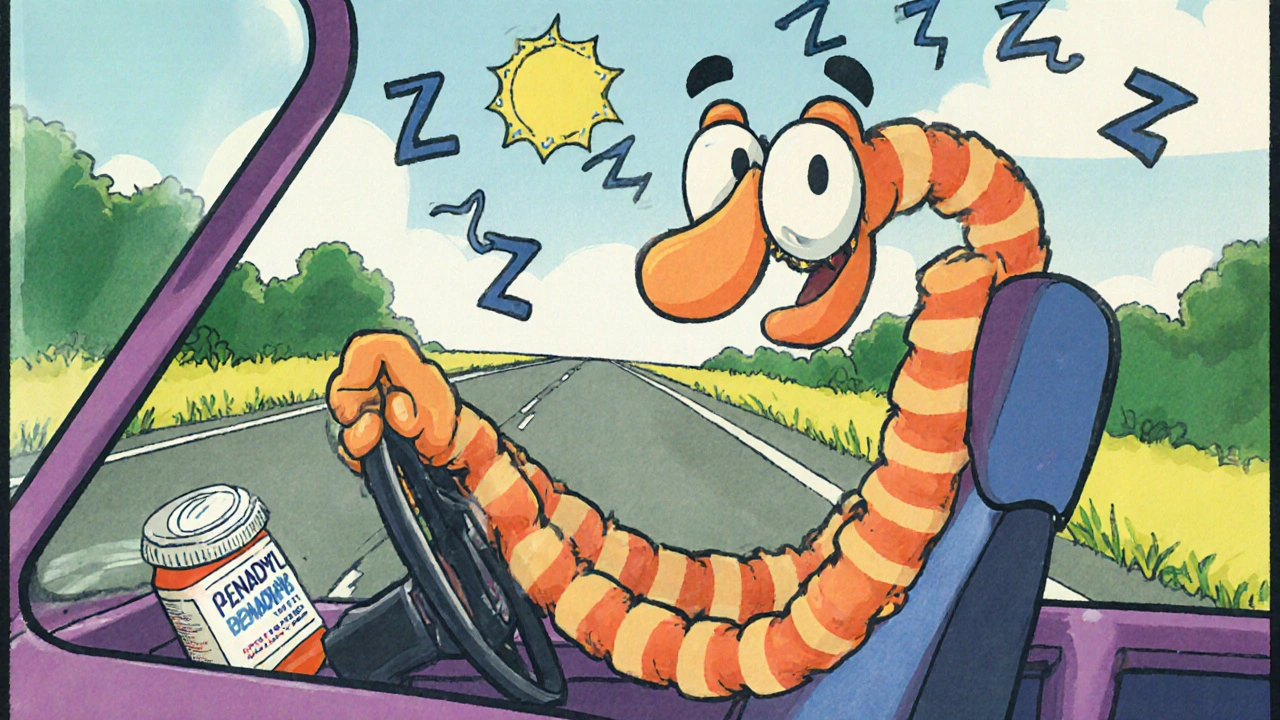Fexofenadine: What It Is, How It Works, and Alternatives You Should Know
When you’re battling allergies, fexofenadine, a non-drowsy antihistamine used to treat hay fever and chronic hives. Also known as Allegra, it works by blocking histamine, the chemical your body releases during an allergic reaction. Unlike older antihistamines, fexofenadine doesn’t cross into your brain, so you won’t feel sluggish or foggy—just relief. That’s why so many people reach for it when pollen, dust, or pet dander hit hard.
Fexofenadine is part of a bigger group called antihistamines, medications that calm the body’s overreaction to allergens. It’s often compared to loratadine (Claritin) and cetirizine (Zyrtec), two other popular choices. Each has its own pros: cetirizine works faster for some, loratadine is cheaper, but fexofenadine tends to cause the least drowsiness—even at higher doses. If you’ve tried one and still feel itchy or congested, switching might help. It’s not magic, but it’s reliable for most people.
People use fexofenadine for seasonal allergies, chronic hives, and sometimes even mild reactions to food or insect bites. It’s not for emergencies like swelling of the throat or trouble breathing—that’s anaphylaxis, and you need epinephrine. But for daily stuff like sneezing fits, watery eyes, or itchy skin, it’s a go-to. You take it once or twice a day, with water, and avoid grapefruit juice—it can mess with how your body absorbs it. Most folks tolerate it well, but some report headaches, nausea, or dry mouth. If you’re on other meds, especially antacids with aluminum or magnesium, wait at least two hours before taking fexofenadine.
What you’ll find below is a collection of real, practical comparisons—not ads, not fluff. You’ll see how fexofenadine stacks up against other allergy treatments, what alternatives actually work better for certain symptoms, and how side effects, cost, and timing play into real-life choices. Whether you’re tired of drowsy pills, confused by pharmacy shelves, or just want to know if there’s something cheaper that does the same job, these posts cut through the noise. No jargon. No hype. Just what matters when you’re trying to breathe easier.

Antihistamines and Driving: What You Need to Know for Safe Travel
Haig Sandavol Oct 27 13Many antihistamines cause drowsiness that impairs driving-sometimes as much as alcohol. Learn which ones are safe, which to avoid, and how to protect yourself and others on the road.
More Detail